SGCI News
The National Research Foundation (NRF) will host the African Science Granting Councils and Partner Meetings during 4-8 December 2022 in Cape Town in parallel to the World Science Forum (WSF)…
The National Research Foundation (NRF) will host the African Science Granting Councils and Partner Meetings during 4-8 December 2022 in Cape Town in parallel to the World Science Forum (WSF) hosted by South Africa’s Department of Science and Innovation (DSI).
Since 2015, Science Granting Councils (SGCs) from Africa have hosted an annual series of high-level dialogues and engagements to strengthen partnerships, share experiences and practices on a range of emerging topics, and network amongst themselves and with other science system actors within and outside the African continent.
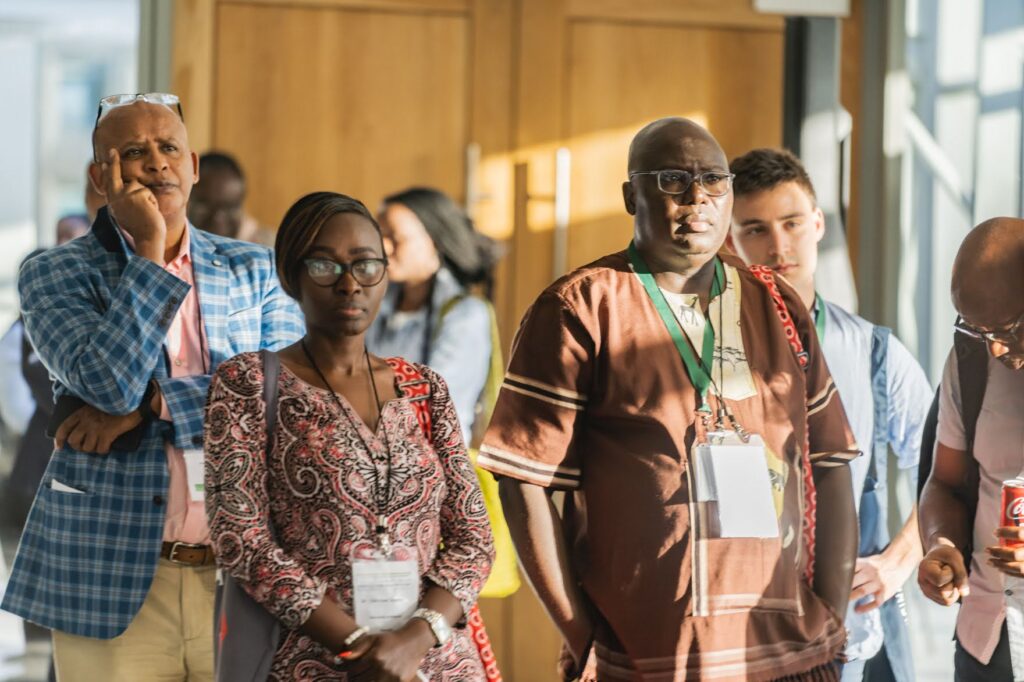
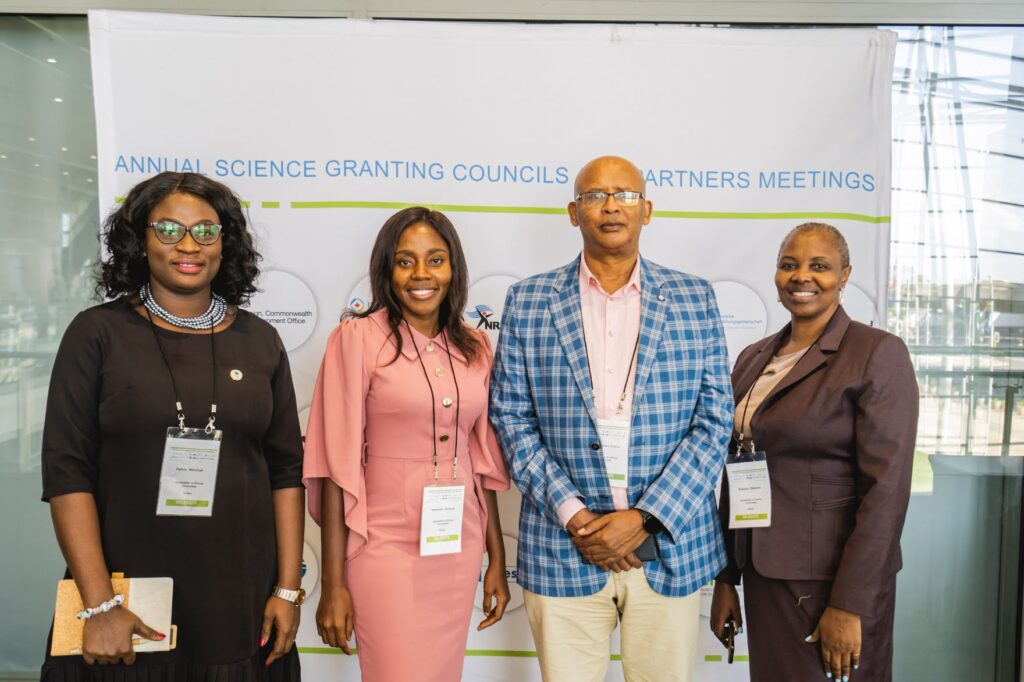
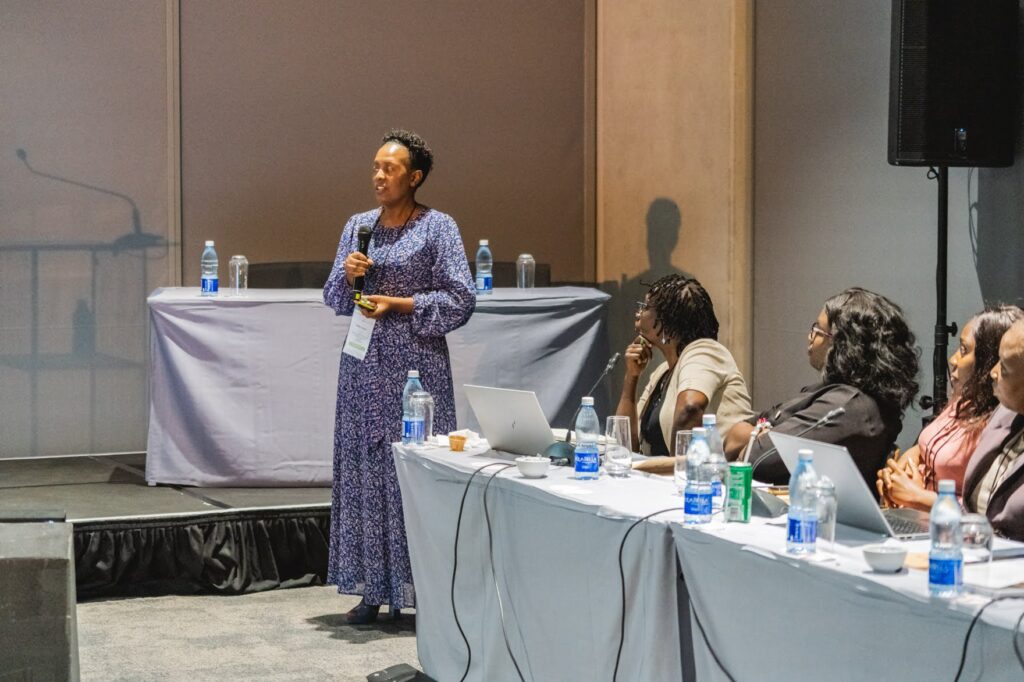
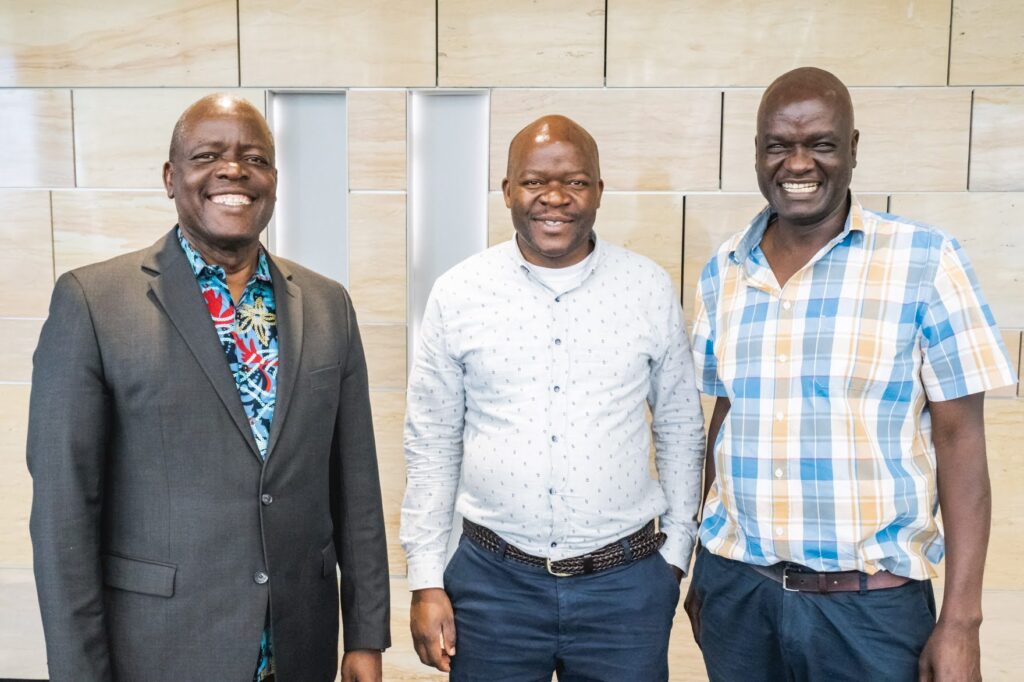
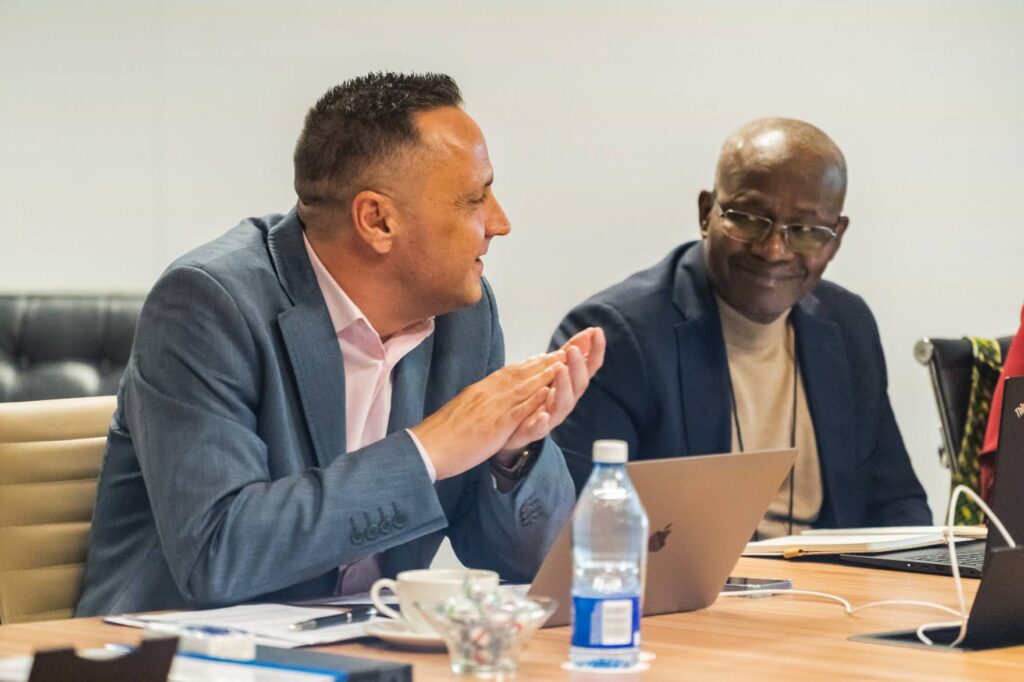
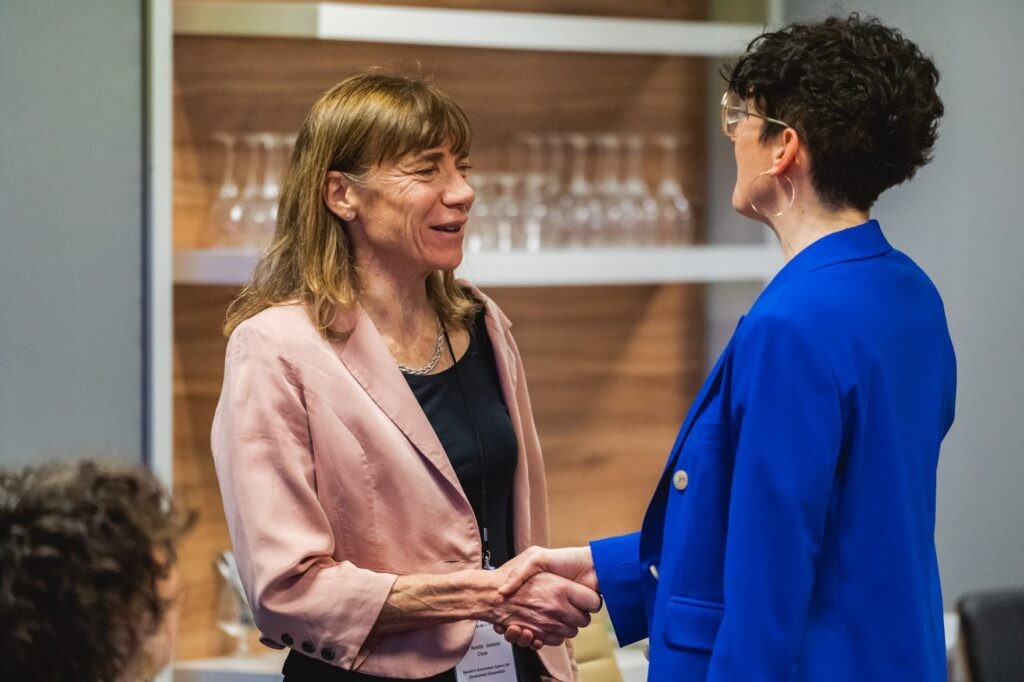
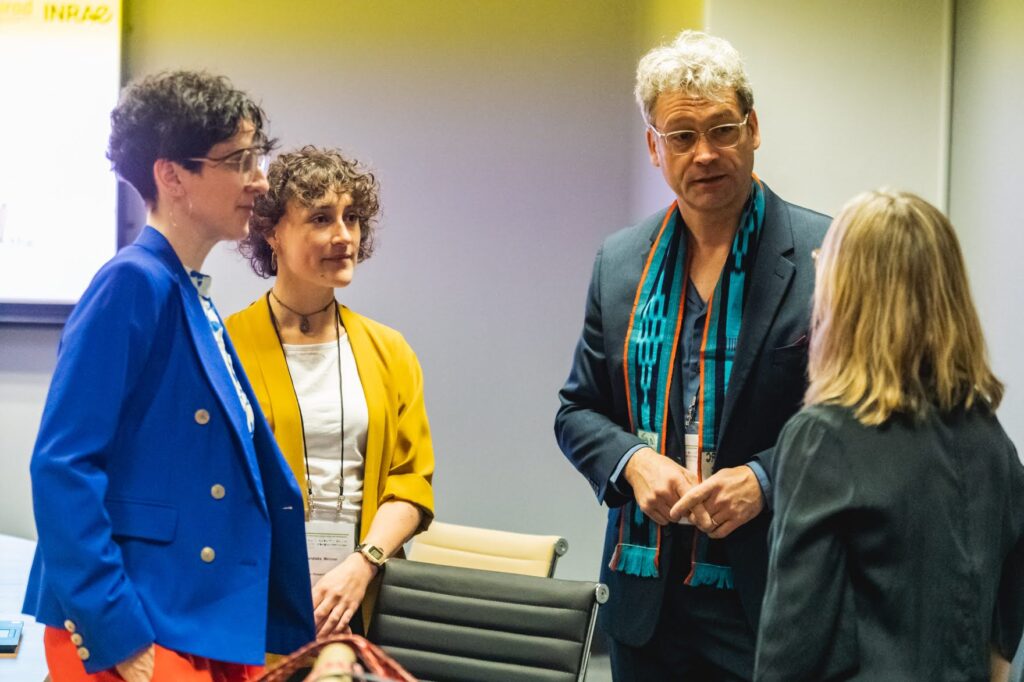
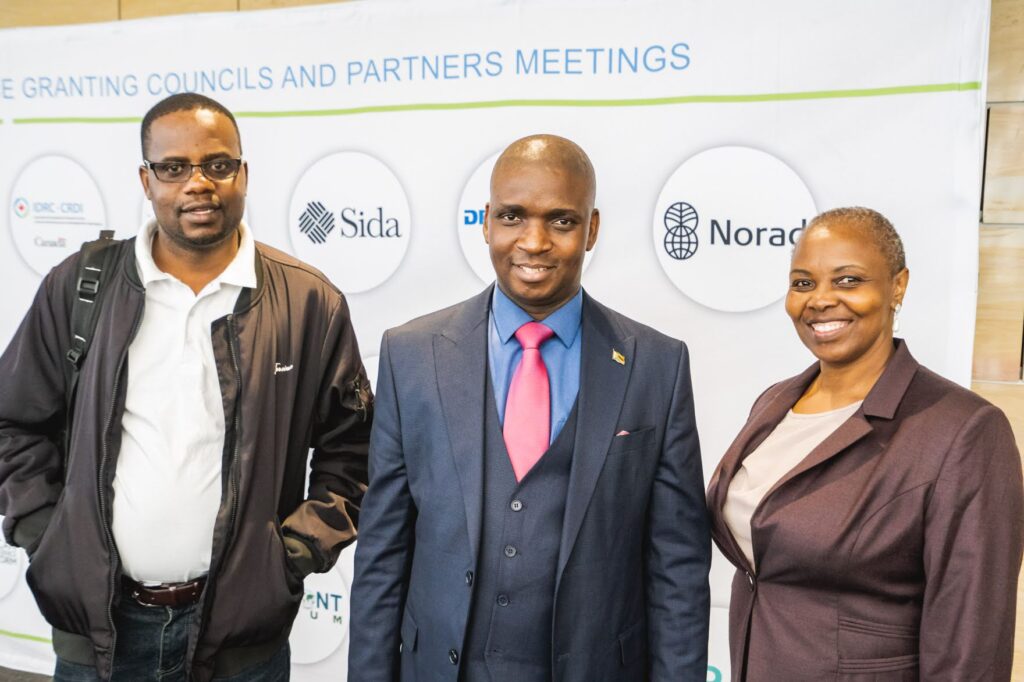
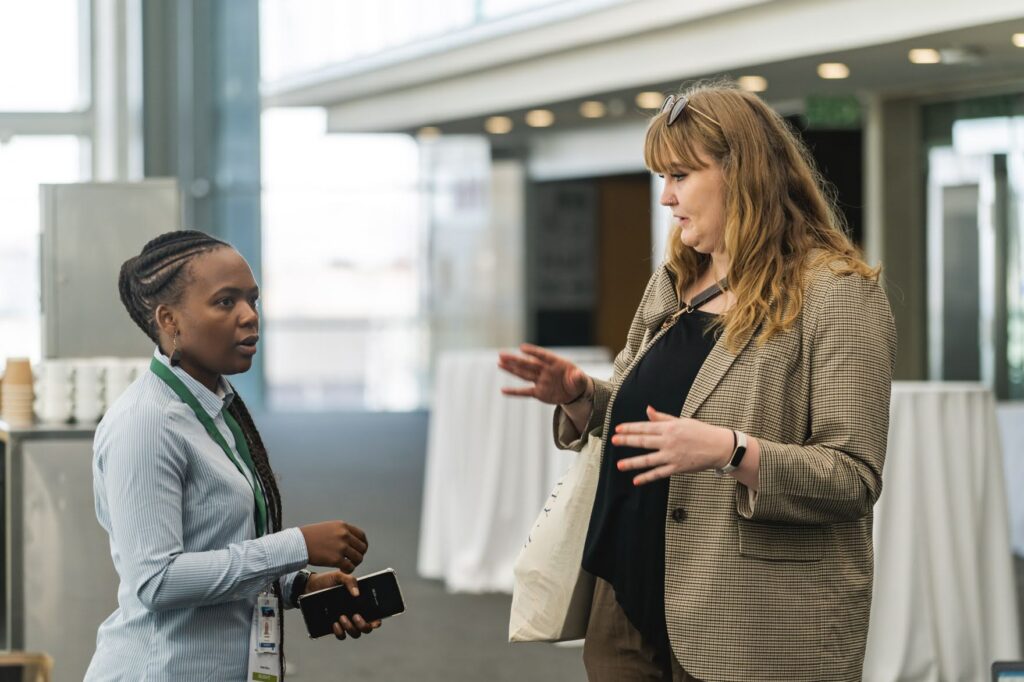
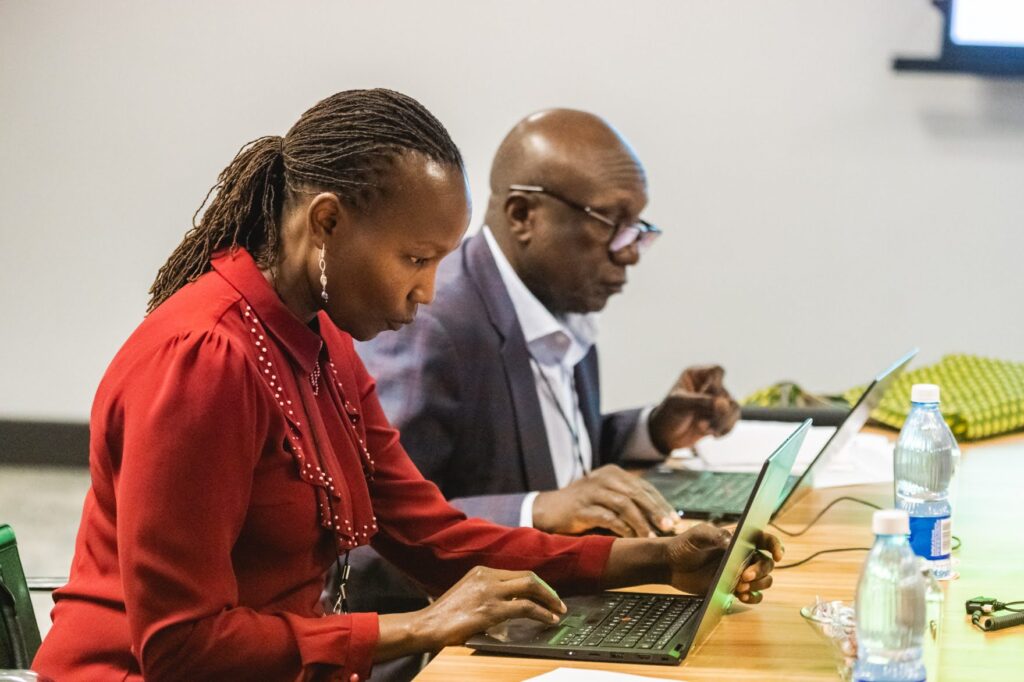
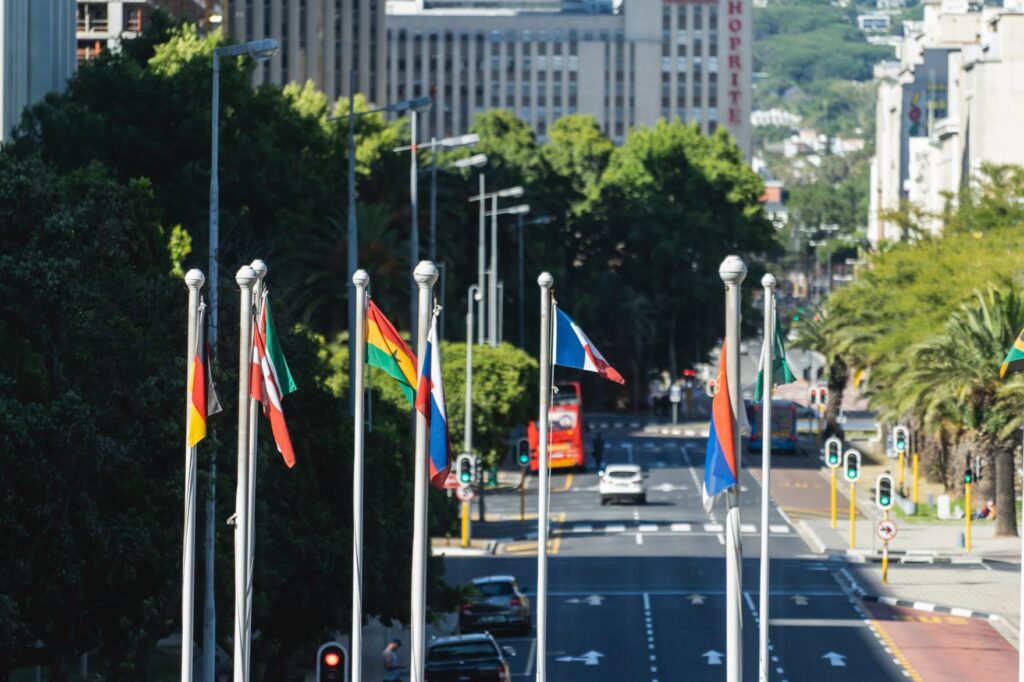
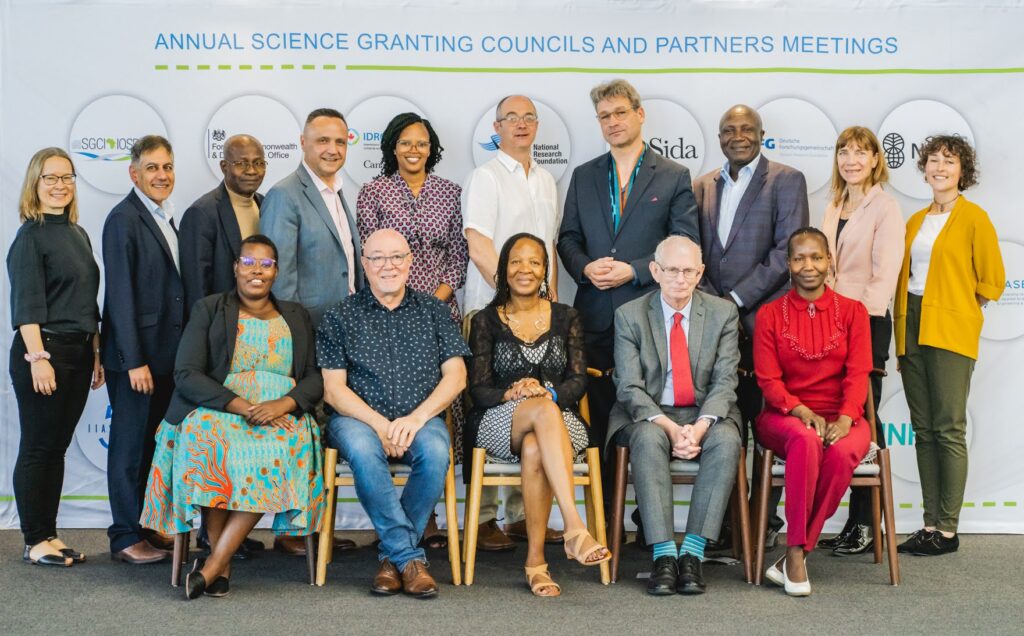
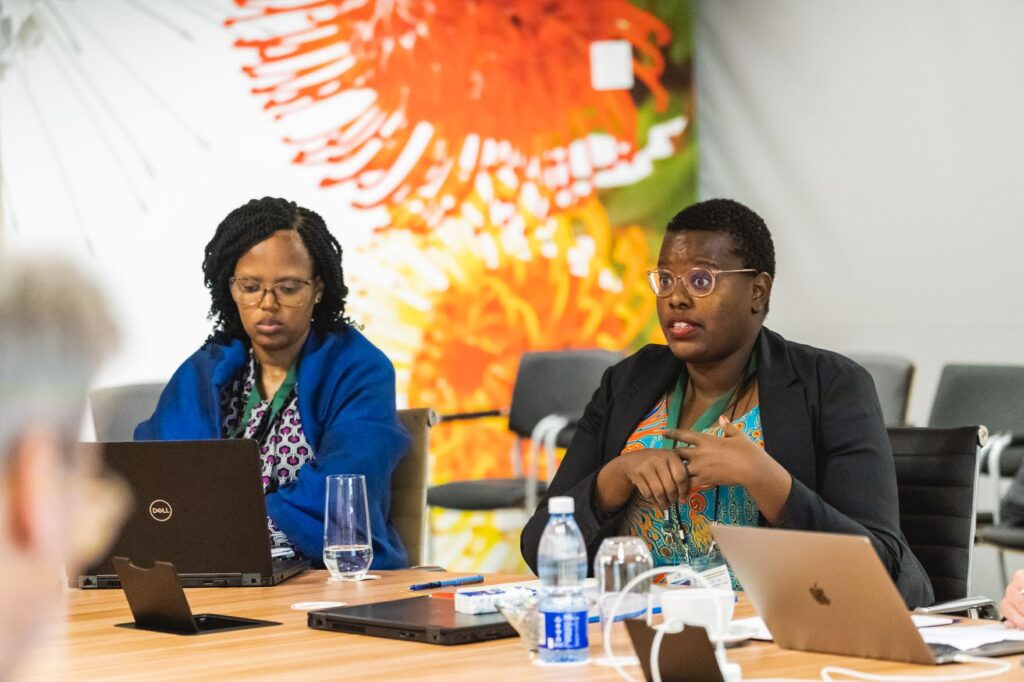
Hosted under auspices of the Science Granting Councils Initiative (SGCI) in Sub-Saharan Africa and the Global Research Council (GRC), this series of high-level meetings bring together international and local partners representing 50 countries. The engagements will catalyse discussions ranging from foresighting in science, technology and innovation in Sub-Saharan Africa, climate change, the role of funding agencies in advancing responsible research assessment, funding, and support in the post-PhD phase, transforming food and agricultural systems, and advancing Open Science.
This year’s series of meetings provide the opportunity for SGCs to engage with the global network of partners in academia, industry, civil society, government, and intergovernmental organisations. The meetings are organised to leverage and maximise participation of partners during the WSF.
“The African Science Granting Councils and Partners Meetings are an opportunity for science funding agencies on the continent to share experiences; advance good practices in granting; and evaluate the progress in the implementation of capacity strengthening and collaborative activities,” says Dr Aldo Stroebel, the NRF’s Acting Group Executive: Strategy, Planning and Partnerships. “It is an opportunity for the voices of granting councils on the continent, with prominent partners in both the global North and South, to continue contributing to key STI policy and practice debates. Through these meetings, we are bringing together more than 100 networks putting STI at the core in a Pan-African context.”
The SGCI is funded by the NRF, the United Kingdom’s Foreign, Commonwealth and Development Office; Canada’s International Development Research Centre (IDRC); the Swedish International Development Cooperation Agency (Sida); Norwegian Agency for Development Cooperation (Norad); and the German Research Foundation (DFG). Launched in March 2015, the SGCI has partnered with SGCs in Kenya, Rwanda, Uganda, Tanzania, Ethiopia, Côte d’Ivoire, Burkina Faso, Senegal, Ghana, Nigeria, Sierra Leone, Zambia, Mozambique, Malawi, Namibia, Zimbabwe, Botswana, and Nigeria to drive an institutional capacity strengthening agenda.
Since 2018, the SGCI has provided grants to councils to manage research calls that correspond to their national and regional research and development agendas. Further, the SGCI is supporting councils to develop policy frameworks and enabling structures for public private partnerships.
The series of meetings being hosted form an annual flagship of the SGCI. They include the SGCI Annual Forum; the SGCI academic symposium; the GRC Sub-Saharan Africa Regional Consultative Meeting; workshop on enhancing cooperation in education, research, and innovation between South Africa and the Netherlands; the NRF-Carnegie Corporation final conference on early career researcher development in the post-PhD phase; the Transforming Food and Agricultural Systems through Research in Partnership with Africa (TSARA) General Assembly meeting; and the NRF-UNESCO Open Science Day. In addition, various working and bilateral meetings to advance research partnerships with the Belmont Forum, the Japan Science and Technology Agency (JST) and the Dutch Research Council (NWO) will be hosted.
The meetings will be hosted during 4-8 December. Media wishing to cover the meetings should contact the NRF Media Relations Officer, Bongani Nkosi, at b.nkosi@nrf.ac.za or +27 61 477 3064.
Related News
Voices of SGCI: Council leaders on the direction and ambition of SGCI 3
At the African Union’s Science, Technology and Innovation Week in Addis Ababa, earlier this month, leaders of science granting councils reflected on what SGCI Phase 3 represents for Africa’s science and innovation systems. From ownership and alignment to stewardship and sustainability, here are their voices…
Building Africa’s science future: inside the SGCI alliance
As Phase 3 of the Science Granting Councils Initiative launches on the margins of the African Union Summit in Addis Ababa last week, the SGCI Alliance Chair explains why this moment marks a decisive turning point for African science. Cephas Adjei Mensah describes what is…
Open call: Support for science granting councils in Sub-Saharan Africa
The International Development Research Centre (IDRC), through the Science Granting Councils Initiative (SGCI), has launched a call for proposals to support science granting councils in Sub-Saharan Africa in the establishment and operationalisation of the Capacity Strengthening Hub under Phase III of the SGCI-3. The Hub…
SGCI funded projects
Rwanda’s integrated approach to sustainable agriculture and nutrition
Project Titles & Institution Areas of Research Number of Projects being funded Project Duration Grant Amount In-Kind Distribution Council Collaboration with other councils





